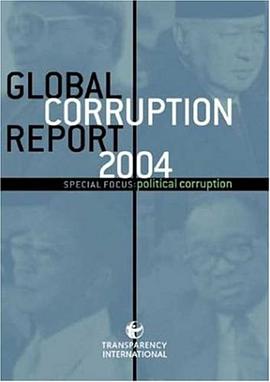

How do domestic interests affect international policymaking? What is the role of the nation-state within multilateral regimes? How can we understand the diversity of state responses to the internationalization of environmental regulation? National Governance and the Global Climate Change Regime compares the roles of different actors and institutions in international environmental policymaking. It focuses on the formation of a legally binding treaty to reduce greenhouse gases, the Kyoto Protocol, to show how domestic interests affect international treaty negotiations. Dana Fisher combines quantitative analysis of social, economic, and environmental data for the member-states of the OECD with qualitative case studies of three key countries, the United States, Japan, and the Netherlands. She argues compellingly that domestic debates within states and subsequent national policy formation have a significantly larger role in international environmental regime formation than many scholars recognize.
具體描述
讀後感
評分
評分
評分
評分
用戶評價
相關圖書
本站所有內容均為互聯網搜索引擎提供的公開搜索信息,本站不存儲任何數據與內容,任何內容與數據均與本站無關,如有需要請聯繫相關搜索引擎包括但不限於百度,google,bing,sogou 等
© 2025 qciss.net All Rights Reserved. 小哈圖書下載中心 版权所有




















